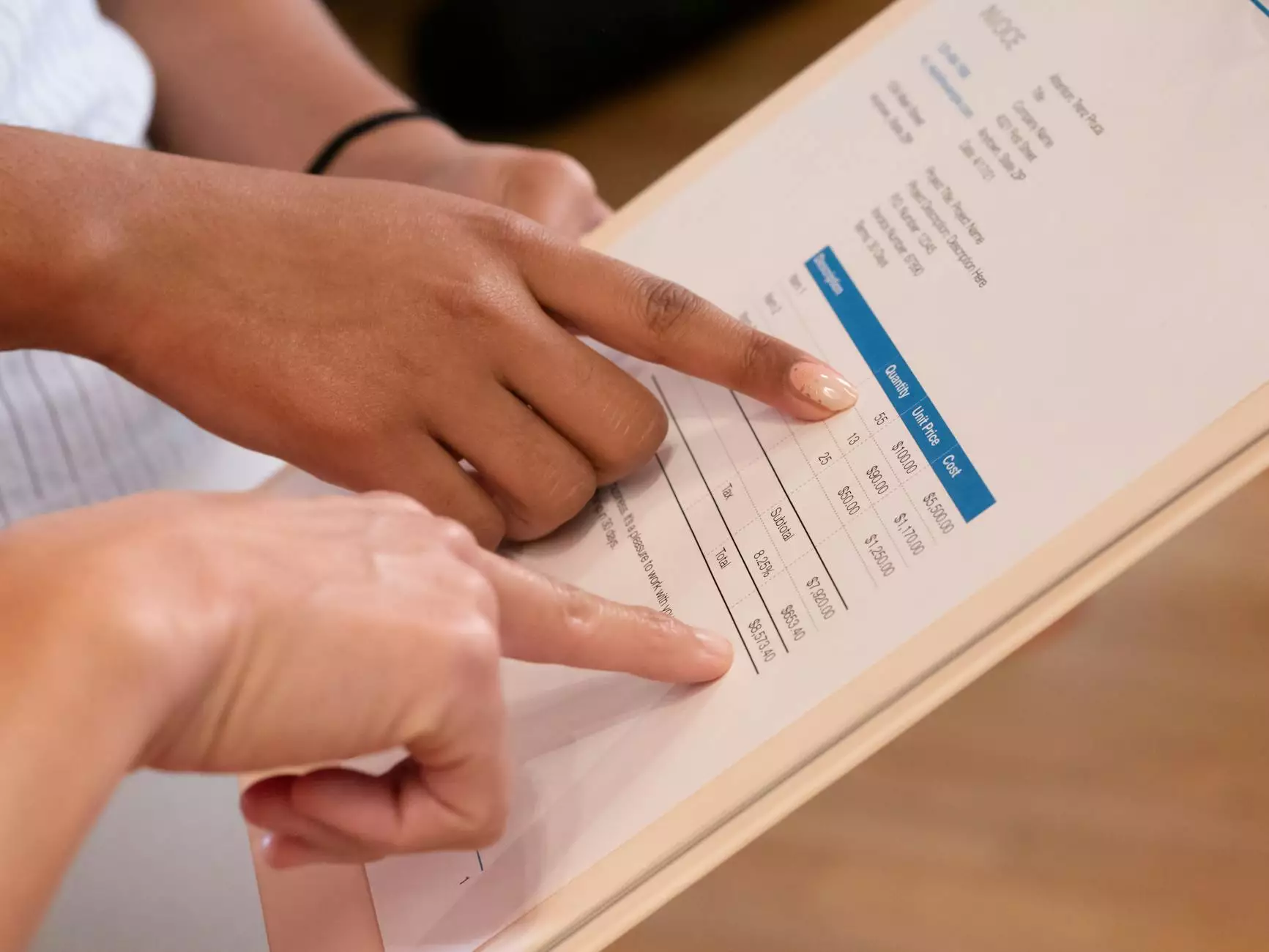How to Calculate Cost Basis for Real Estate

Understanding how to calculate cost basis for real estate is crucial for any property owner, investor, or real estate professional. This key financial concept helps you determine your investment's profitability and is essential for accurate tax reporting. In this comprehensive guide, we will explore the methods of calculating cost basis, the various factors that affect it, and how you can use this information to make informed decisions about your real estate investments.
What is Cost Basis?
Cost basis, in the realm of real estate, refers to the original value of an asset, adjusted for various factors, that determines what you have invested in the property. It is the foundation for calculating capital gains tax when you sell a property. Knowing your cost basis allows you to determine how much profit you will make, and it significantly impacts your tax obligations.
Components of Cost Basis
The cost basis of a real estate property is not just the purchase price. Several components come into play, which can be categorized as follows:
- Purchase Price: This is the initial cost to buy the real estate, including any fees such as escrow and closing costs.
- Improvements: Any significant improvements made to the property that increase its value can be added to your cost basis. This includes renovations, new roofing, additions, etc.
- Capital Expenses: These are expenses that enhance the property's value or extend its life, such as installing a new air conditioning system or upgrading plumbing.
- Depreciation: For rental properties, depreciation is a key factor. You will need to subtract any depreciation you've claimed on your taxes from the cost basis.
- Closing Costs: Certain closing costs by the buyer, such as title insurance and attorney fees, can often be added to the cost basis.
Steps to Calculate Cost Basis
To make it clearer, let's break down the process of calculating your cost basis into simple steps.
Step 1: Determine the Purchase Price
Start with the purchase price of the property. This is the amount you paid at closing. Include costs such as:
- Escrow fees
- Title insurance
- Real estate agent commissions
Step 2: Account for Improvements
Next, you need to consider capital improvements made to the property. Keep receipts and records of all expenses related to improvements, as these can significantly boost your cost basis. Some common improvements include:
- Adding a new room or garage
- Remodeling a kitchen or bath
- Completing a basement or attic
Step 3: Subtract Depreciation
If your property has been used as a rental, you need to account for depreciation. This is the annual deduction you take for the property’s wear and tear. To calculate total depreciation, use the following formula:
Annual Depreciation Expense = (Cost of the Property - Land Value) / Useful LifeOnce you have the total depreciation amount, subtract it from your accumulated costs. This can be complex, so keeping track of your annual depreciation is essential for accurate calculations.
Step 4: Calculate Adjusted Basis
Once you have your purchase price, improvements, and deducted depreciation, you can calculate the adjusted basis using this formula:
Adjusted Basis = Purchase Price + Improvements - DepreciationWhy Cost Basis Matters
Understanding how to calculate cost basis for real estate is not just an academic exercise—it has real financial implications. A well-calculated cost basis can lead to significant tax savings when selling the property. Here are some key points to remember:
- Minimizes Capital Gains Tax: By accurately assessing your cost basis, you can ensure your capital gains taxes are computed correctly, potentially reducing your tax liability.
- Improves Investment Decisions: Knowing the true value of your investment helps you make better decisions regarding property sales and future investments.
- Legal Compliance: Accurate records and calculations are also essential for compliance with IRS regulations—failure to do so can lead to audits and penalties.
Common Mistakes to Avoid
- Neglecting Closing Costs: Many investors forget to include fees associated with closing the transaction.
- Ignoring Improvements: Always document improvements; failing to do so may mean leaving money on the table.
- Miscalculating Depreciation: Be diligent in keeping records of depreciation, as errors can have long-term consequences.
Additional Tips for Accurate Calculations
Here are some recommendations to ensure accurate calculations:
- Maintain Detailed Records: Keep all receipts, invoices, and financial statements organized and documented. This will make calcuations easier.
- Consult with Tax Professionals: Engaging a CPA or tax advisor familiar with real estate can provide valuable insights and help avoid costly errors.
- Utilize Professional Software: Real estate management software can help track property costs and automatically calculate cost basis.
Final Thoughts
Understanding how to calculate cost basis for real estate is essential for any property owner or investor. By following the steps outlined in this article, maintaining diligent records, and seeking professional advice, you can navigate the complexities of real estate investments with confidence.
As a local real estate law firm, McFerran Law is here to assist you with legal and financial questions related to your property. Whether you're buying a new home, managing rental properties, or preparing to sell, having a trusted advisor can make all the difference in maximizing your investment.









